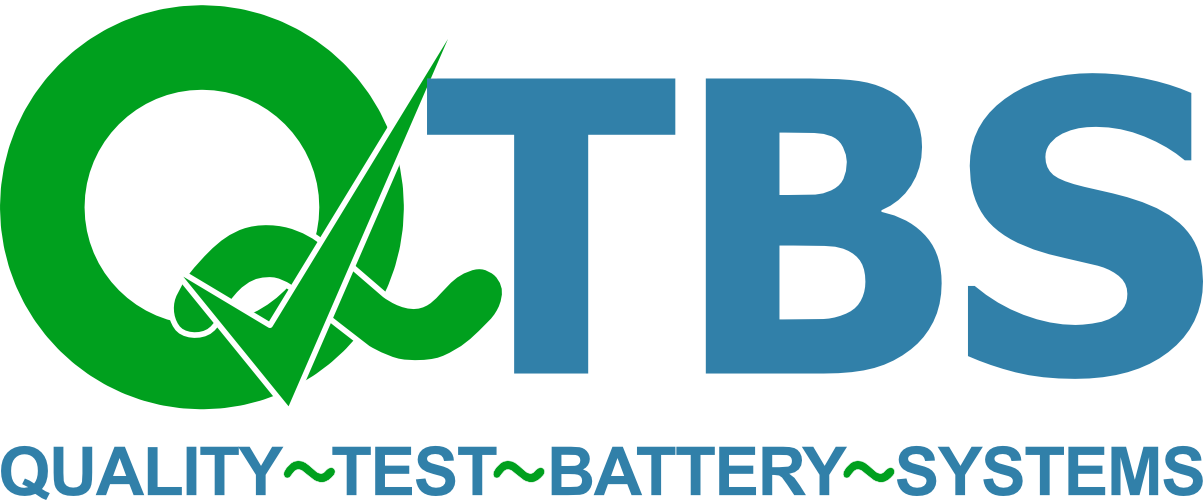Safety Tests for Electronic Products
Understanding Compliance for Electronic Goods
Declaration of Conformity
A Declaration of Conformity is a mandatory document required for any product sold within the European Union (EU) or the United Kingdom (UK). The document serves as a formal statement by the manufacturer or the authorised representative (e.g. importer), declaring that the product meets all relevant regulatory requirements—such as safety, electromagnetic compatibility (EMC), and environmental directives—set out by EU and UK legislation. For electronic and electrical devices, this typically means compliance with standards like the Low Voltage Directive, Battery Directive, and Electromagnetic Compatibility Directive. Whilst the directives are very wordy documents and intentionally non-specific, there are a plethora of international standards, which relate to specific products which detail tests that need to pass in order to comply with the directives. The Declaration of Conformity must identify the product, list the applicable directives and standards, and be signed by a responsible person. It assures authorities and consumers that the product is safe to use and legally eligible for sale in these markets.
Manufacturers normally perform the tests on the products, or sub-contract the testing to another facility to provide independant results. For the most part this is all part of the product development, but for many goods that are imported, there is not always evidence available that the tests have been done. It is the importers responsibility in this case to ensure there is a valid Declaration and that it is backed up by a process or test results that ensures the product’s safety. The importer should have a copy of the Declaration for each product, or at least have access to the document.
Our clients are often companies that import goods for sale through other retail outlets and platforms, that require evidence of due diligence done to ensure product safety, and this is where we can help.
We work through applicable standards with a number of samples of the products verifying them against defined criteria. We provide a report of the tests results which can be used to provide evidence of due diligence. Of course we come across products that pass and some that fail, sometimes spectacularly – especially in the case of lithium-ion batteries – but either way the results are informative and provide a resource to product improvement, and potentially huge savings.
Safety Tests
Contact us for more information on the standards below, or for other safety requirements.






